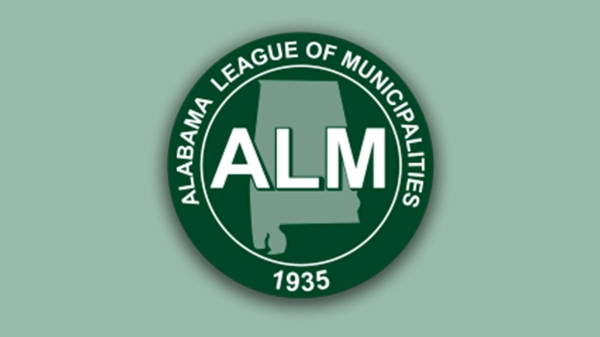The Alabama Senate committee on governmental affairs moved along a variety of bills on Tuesday but perhaps most notably carried over a bill that would gradually eliminate occupational taxes statewide.
Senate Bill 44, entitled the “Family Income Protection Act,” is sponsored by Sen. Andrew Jones, R-Centre, and would phase out all occupational taxes by a tenth of a percent annually.
“I have a philosophical difference with occupational taxes and taxing someone for the privilege of working,” Jones told the committee. “I’d prefer we address all of these serious issues statewide. One is taxing folks to work and the other is what I consider taxation without representation … I feel like it’s a bridge too far to tax people for working.”
Etowah County is home to five of the six highest occupational tax rates at 2 percent, Jones said.
Jones argued to the committee that people who travel from outside a municipality to work there are being taxed without having a say in the local government.
Lori Lein, counsel for the Alabama League of Municipalities, spoke in opposition to the bill.
“This is a local issue,” Lein said. “What’s a problem in Etowah County may be very different in Montgomery County. That’s where the decisions need to be made. This is a very important tool in a very limited toolbox that municipalities have for revenue for taking care of the quality of life services for citizens who live, work in and travel to municipalities work on.”
Lein said the vast majority of citizens affected by the occupational tax have the opportunity to make their voices heard at municipal elections.
Sen. Tom Butler, R-Huntsville said the committee needs more time before voting on the bill.
“This affects a lot of cities and towns,” Butler said. “I know when I was at Auburn University at the hospital I had to pay an occupational tax. I didn’t like it, but I paid it, I haven’t thought twice about it since I left Auburn. But this needs a lot of work.”
The committee carried over the bill to its next meeting, as well as a proposed amendment that would exempt Class 1 municipalities.
The committee spent most of its time though pushing through bills, including a bill by Sen. Chris Elliott, R-Fairhope, that would prevent homeowners associations from prohibiting the display of the state flag.
“A couple years ago we celebrated our state’s bicentennial and a colleague from Decatur and others spent an awful lot of time talking about that,” Sen. Chris Ell “We handed a whole bunch of state flags out to schoolchildren from around the state who went home and tried to fly them in front of their house proudly and found out that their homeowners association and property owners association would not allow the display of our state flag in their particular neighborhood.”
Although the bill would prevent associations from completely prohibiting display of the flag, it does allow for “reasonable restrictions” such as size of the flag.
Other bills given favorable report by the committee include:
- SB46, sponsored by Sen. Clyde, Chambliss, R-Prattville, prohibits the use of voting machines capable of connecting to the internet, cell phone networks or have modem technology.
- SB47, also sponsored by Chambliss, memorializes the use of paper ballots into the code.
- SB52, sponsored by Sen. Donnie Chesteen, R-Geneva, creates a process to calculate labor and parts reimbursements as part of the Alabama Motor Vehicle Franchise Act.
- SB56, sponsored by Sen. Arthur Orr, R-Decatur, would prohibit law enforcement agencies from using artificial intelligence or facial recognition as the sole basis for making an arrest or for establishing probable cause in a criminal investigation, using either to identify an individual based on other images or using either for ongoing surveillance.
- SB58 would authorize the county tax assessing official to appear and defend the state
- in appeals when the taxable value of property is at issue
- SB64, sponsored by Chambliss, would allow for the creation of entertainment districts within community development districts.
- SB68, sponsored by Sen. Gerald Allen, R-Tuscaloosa, would allow repayment of Alabama Water Pollution Control Authority loans to be extended consistent with federal law within the expected design life of the project.
- SB72, sponsored by Sen. Jack Williams, R-Wilmer, would allow local boards of education and any other public educational entity that provide meals under the Child Nutrition Program of the Alabama State Department of Education, during an emergency or unanticipated event affecting public health or safety or causing supply chain disruptions, to purchase goods or services related to the program without advertisement or bidding if recommended by the State Superintendent of Education and approved by the Department of Examiners of Public Accounts.
- SB77, sponsored by Sen. Sam Givhan, R-Huntsville, prohibits state agencies from purchasing American or Alabama flags manufactured outside of the U.S.
- SB81, sponsored by Chesteen, would authorize the Board of Trustees of the Alabama Trust Fund to meet virtually
- SB84, sponsored by Chesteen, would authorize members of the Prepaid Affordable College Tuition board to meet virtually.
















































